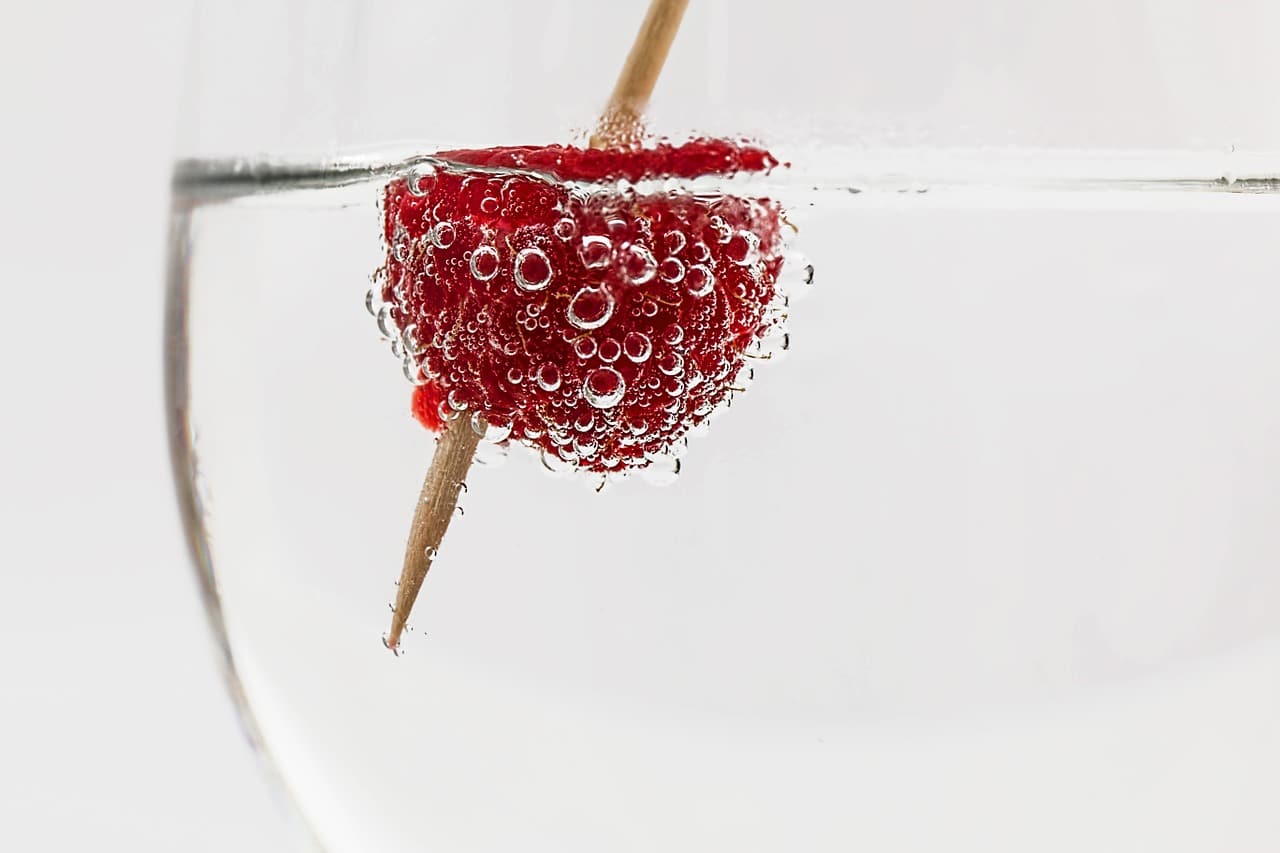It is estimated that 50% of all American adults will consume at least one soda bottle served in the US. Americans also source up to 550 calories or more of energy from soda consumption alone. Consuming soda daily has been associated with several health conditions, including heart diseases and weight gain.
The sugar present in soda is linked intimately with other metabolic issues, including high blood pressure and higher LDL levels or bad cholesterol. With all these things running against the consumption of soda, does soda also cause diarrhea in people? Is there a medical or scientific link between drinking soda and higher motility of the bowels?
The Relationship Between Soda, Sugar, and Diarrhea
The primary ingredient in soda is sugar, which provides the sweetness that people crave. Other ingredients include several acids and artificial color, which provides sodas with their distinctive appearance.
Many people drink soda more every day because of the taste (of the sugar) and because they find plain water too unappetizing. What’s the real deal between soda and possibly developing diarrhea?
Here’s what we know:
- Sugars, in general, tend to trigger diarrhea because of how sugar interacts with the intestines. The ingestion of too much sugar immediately puts a person at risk of diarrhea. One of the main offenders in this context is fructose, which occurs naturally in different kinds of fruits.
If the fruit you’re eating has an undeniable sweetness, then sweetness is likely due to fructose. Why does sugar cause diarrhea in the first place? Sugar serves as a trigger that makes the GI tract release electrolytes and water.
There’s a good reason why some people develop the ‘runs’ when they eat too much sugary food. It’s an immediate and natural response of the GI tract to the presence of sugar. If done in moderation, there should be no problem, but even a little added sugar can cause long-term issues when it comes to sugar.
If you want an exact name for the issue with fructose, it’s called fructose malabsorption. Fructose malabsorption occurs when the body cannot break down fructose into simpler forms, leading to absorption problems. Why is this an issue? Many of the colas in the market have fruit sugar added in high fructose corn syrup. Yes, you have been ingesting fruit sugar all this time. However, the corn syrup added to sodas doesn’t make them any healthier at all, and to people who have issues in digesting the fruit sugar, it’s bound to cause gastric problems.
This may come as a shock to people who grew up drinking colas with cane sugar. Cane sugar may be riddled with calories, but it doesn’t pose as many problems as the artificial sweeteners and HFCS are now for most sodas.
Fructose malabsorption produces many possible symptoms, including gas, heartburn or GERD, pain in the abdominal area, and bloating. If you have fructose intolerance symptoms, we recommend that you stop consuming anything with any fruit sugar type for a while. If the symptoms associated with fructose malabsorption or allergy go away, you may suffer from the condition. It would help if you got your physician to examine you and get a proper diet to match your condition’s recovery track. - Many brands of soda contain caffeine, a potent natural simulation. The presence of caffeine can cause diarrhea in people who are sensitive to caffeine. An intake of 400 milligrams of caffeine from coffee or soda can trigger diarrhea in people who can’t process or clear caffeine properly. If translated into soda intake, the caffeine equivalent of four to five cups of coffee can already cause digestive problems.
Heed this advice if you are sensitive to caffeine and minimize the problem by avoiding caffeine. If you still want to drink soda, go for soda with lower sugar content and no caffeine.
For sure, many people will say that they love drinking soda, and it doesn’t matter if they get GI problems. However, it is the long-term effects that we don’t want here. If you have ongoing GI issues due to caffeine consumption, you will have to deal with health complications later on. - Another angle that we can look at if you are suffering from diarrhea after consuming diet sodas is a sugar alcohol. Sugar alcohols are non-sugar sweeteners that manufacturers add to diet sodas to sweeten the beverages. They bring the sweetness, alright, but they also bring certain problems. Many people develop malabsorption problems with sugar alcohols, too. The sweeteners mannitol and tagatose are often touted as possible reasons for diarrhea in diet soda drinkers. Don’t worry, though – if you drink only a few servings of diet soda daily, and these sweeteners shouldn’t be a problem. However, they can be a problem if you drink four or five liters a day. Also, keep in mind that artificial sweaters are now used in different beverages and foods, not just soda. The older sweetener, sorbitol, can cause diarrhea after-effects with a dose as low as 50 grams. People had reported having conditions similar to IBS when they took high levels of sorbitol. Move away from beverages that are also marked with sugar-free or no sugar added. We are 100% sure that if the beverage is sugar-free and still tastes sweet, it has artificial sweeteners that can trigger your diarrhea symptoms.
- And finally, we can take a look at possible diarrhea triggers from other compounds found in soda. While sugar already can trigger loose bowel movement, it’s also possible that the acids added to sodas to stabilize the formulation may be causing the problem.

